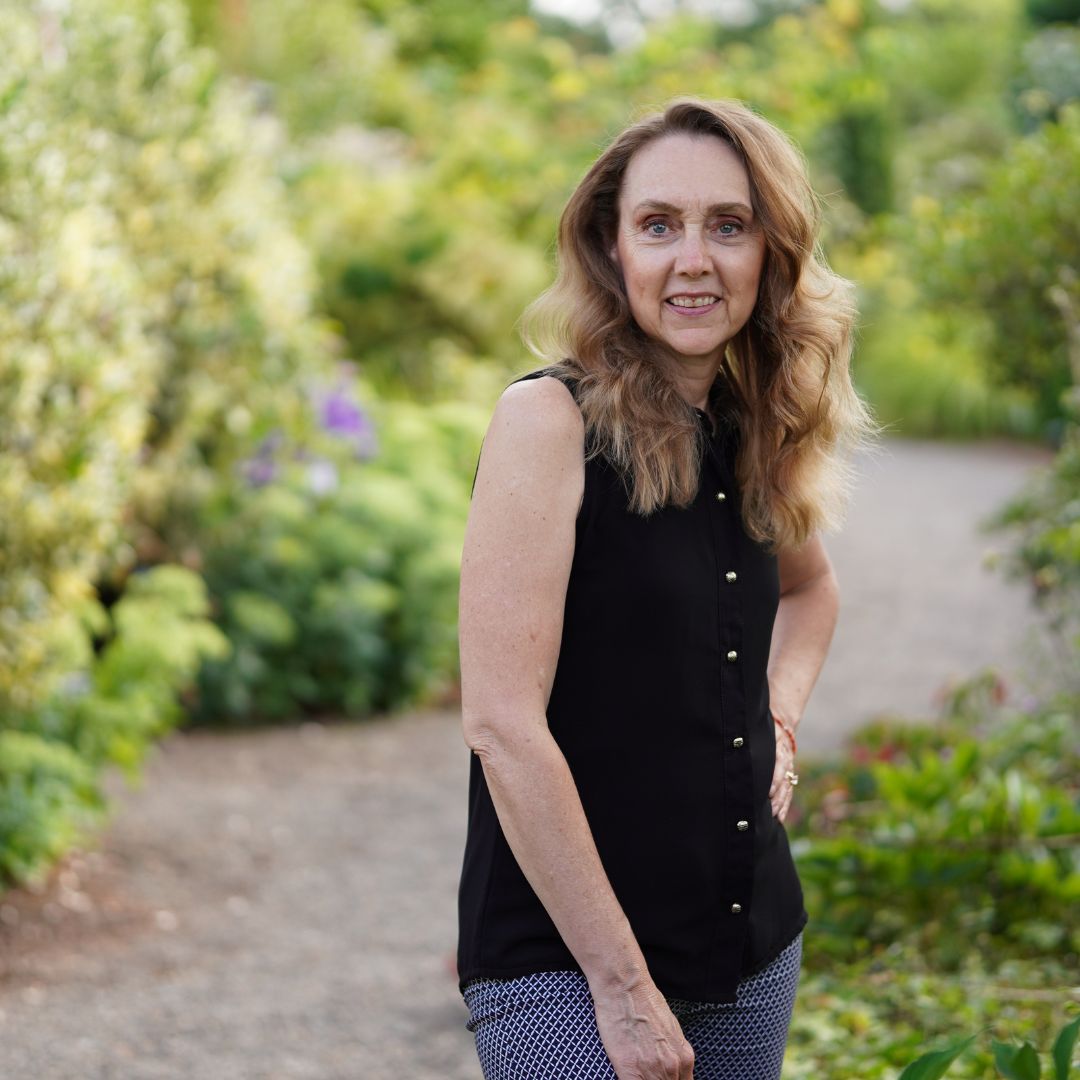I started seeing a new naturopathic physician this month. I brought in lists of supplements I currently take, as well as the test results from my latest series of tests.
She took one look at my Vitamin D results and said, “Wow, your results are good.” I’m a few points lower than the optimal levels they suggest. I’ve boosted up my Vitamin D supplementation as a result.
Frankly, I was a little shocked at her optimism. She stated most people are WAY below the suggested vitamin D levels when she tests. And that can be a BIG problem.
Why I supplement
When I started working with my first naturopathic advisor, she explained the importance of supplementation.
In a perfect world, we would be able to get all of our nutrients from our food supply. Unfortunately, that’s no longer the case.
A post in Scientific American states the problem.
Studies today show that nutritional data between foods grown in the 1950s compared with vegetables and fruits produced in 1999 to be in reliable decline. The amounts of protein, calcium, phosphorus, iron, vitamin B2 and vitamin C are continually reduced. While efforts have been in abundance to increase yield, their ability to create nutritious foods have failed.
Another study showed that average nutrient levels in 12 fresh vegetables has decreased exponentially over the 50 years:
- Calcium decreased 27 percent
- Iron decreased 37 percent
- Vitamin A decreased 21 percent
- Vitamin C decreased 30 percent
This reduction is caused by numerous things, including soil depletion, hybridization, and modern monocropping farming practices.
We may be eating foods similar to our ancestors, but the food quality isn’t nearly as good.
It’s not just food
It’s not only food that goes inside our body, impacting our health.
We’re also exposed to a growing number of toxins that impact our health in other ways:
- The air we breathe
- The water we drink
- The materials used in building our homes
- The cosmetics we slather on our faces
- The cleaning products we use each week
We are living in what is commonly referred to as a chemical soup. These “perfect” conditions mean the average person today is anything but healthy, no matter how hard you try.
Eventually, the body can’t keep up anymore. Illness becomes chronic, and you start suffering from a variety of diseases – diabetes, hypertension, cancer, autoimmune dysfunction – it’s all on the rise.
We’re hearing of health imbalance in record numbers: candida, heavy metals, Epstein-Barr, or even the inability to digest certain foods. Hello, allergic reactions.
That’s why you’ll find more specialists in holistic and nutritional fields trying to correct these issues by using supplementation.
The supplementation market has problems
While I’m not a big believer in the pharmaceutical industry, I’m skeptical of the supplemental market too. Statistics show the global dietary supplement market was valued at $140,3 billion in 2020, with an annual growth rate of 8.6 percent through 2028.
And all you have to do is a quick search in Google to be inundated with supplemental choices.
Look at your monthly Costco ad, and you’ll see just how many supplements they offer. I cruised down four aisles just last week!
You can peruse the aisles loading your cart with vitamin C, vitamin B, vitamin D and more. But increasingly, you’ll also find blended supplements promising gut health, joint health, brain health, or menopausal support. Are they legitimate? Can they help?
I’m big on supplementation. Over the years, I’ve developed a few tricks that I use every time I shop for supplements. Maybe they can help you too the next time you’re looking for supplements.
Supplements are sold by marketers, not by health specialists
When you search out supplements, in many cases, they are produced by a company that is trying to profit from selling more supplements. Their end goal is for you to buy their products, and sign up for monthly subscriptions to keep the orders flowing.
It seems you can’t go anywhere anymore without finding someone touting supplements. You don’t need a prescription. You can shop online or at your favorite store. And the benefits! They woo you with sometimes almost absurd claims of better health, and a better life. It’s hard not getting sucked into their messaging.
But are those supplements really doing you any good? Are there results to back up their claims? That’s where it moves into the gray area.
That’s why I’ve started working with companies that test.
I learned during the pandemic that most people are vitamin D deficient. I’ve been taking vitamin D since my naturopathic advisor recommended it years ago. But I wanted to see my numbers, and tested them a few months ago to see if it was working. Even with supplementation, my numbers were low. Working with another advisor, we added more vitamin D to my daily intake, and balanced it with vitamin K2 for better absorption.
Because I also pay attention to heart health, I ordered an Omega-3 test that found my ratio of Omega-6 to Omega-3 off. Because I’m vegan, and I also had a reaction to Omega-3 supplements in the past, she placed me on a vegan Algae Omega that’s working just fine. (I’ll test again in 6 months to find out how well I’m doing.
When in doubt, test. That’s my belief today. I listen to my naturopathic practitioners, and have found a company I trust who offers many different types of testing kits. Hint: I’ve found general practitioners and Western medicine practitioners, in general, won’t recommend these tests, and will even say no to recommending them. If you want them to have a deeper dive into your health, become your own wellness advocate and find the tests yourself.
Understanding the supplement industry
When it comes to the supplement industry, I’ve heard it all.
- Supplements are unregulated
- Supplements simply don’t work
- There’s no control in the supplements market -it’s a free-for-all, and you take your chances
- You can’t overdose from supplements
Have you heard these too?
While I’m not a doctor, a nutritionist, or a “certified” anything, what I have done is a ton of research on wellness and staying healthy. Here’s what I know.
The dietary supplement industry is regulated by the FDA and the FTC. They may not live up to the same regulations as prescription medication, but they still are regulated in a similar manner to our food supply.
Prescription medicine can be dangerous. On average, 4500 drugs and devices are pulled from the shelves each year because they are shown to do more harm than good.
Ideally, your best source of vitamins and minerals comes from your food supply. But as discussed earlier in this article, the nutritional balance of today’s foods is being reduced all the time.
Here’s my approach:
- Choose supplements based on research and advice from those I trust.
- See out alternative wellness programs. I prefer naturopathic physicians, chiropractors, nutritionists, and alternative testing and wellness programs to find out how my body reacts to the world around me.
- Adjust my diet and supplement schedule accordingly.
I believe wellness is a journey, not a destination. What works for me today won’t necessarily work for me tomorrow.
It’s a balance between education and implementation.
It works for me.
How about you?



+ show Comments
- Hide Comments
add a comment